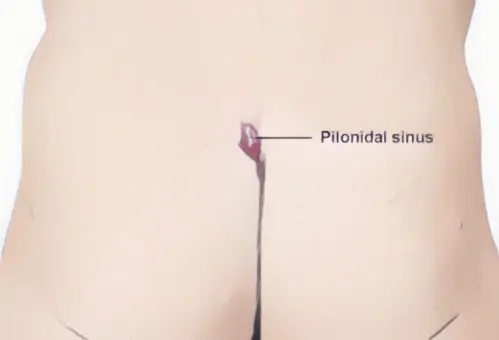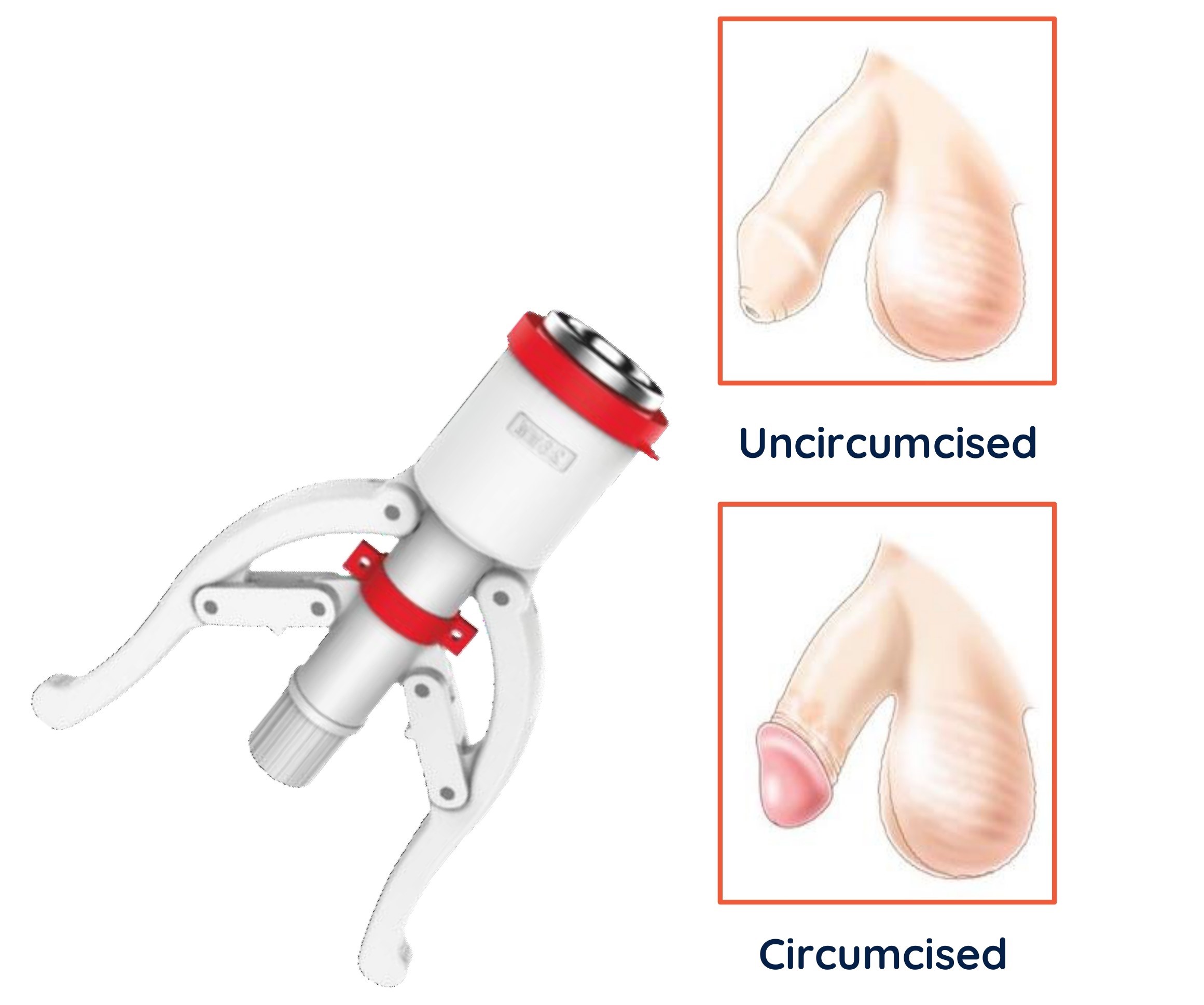STATE OF THE ART SURGICAL EXCELLENCE
Using Laser, Stapler & Other Modern Surgical Techniques
DADAR
APPOINTMENT
+91 76780 44446
501/A, 5th floor, Civic Center,
MMGS Marg, Near Kailash Lassi,
Dadar East,
Mumbai- 400014.
TARDEO
@ APOLLO SPECTRA HOSPITALS
APPOINTMENT
+91 76780 44446
+91 22 4332 4500
156, Famous Cine Labs,
Behind Everest Building,
Tardeo, Mumbai-400034.
CHEMBUR
@ APOLLO SPECTRA HOSPITALS
APPOINTMENT
+91 76780 44446
+91 22 4334 4600
Ujagar Compound Opp.
Deonar Bus Depot Main Gate,
Deonar, Chembur, Mumbai-400088.
PAREL
APPOINTMENT
+91 76780 44446
+91 22 3175 4365
4, Ramesh Bhuvan,JM Street,
Opp. KEM Hosp Gate No2, Parel,
Mumbai - 400012.
Now At
BANDRA
APPOINTMENT
+91 76780 44446
+91 22 2644 8888
C/o Apple Diagnostic Centre,
101-103, 1st Floor, Mangal Simran CHS Ltd., 28th Road,
Bandra (West), Mumbai - 400050.
DADAR
APPOINTMENT
+91 76780 44446
+91 8604 8604 26
501/A, 5th floor, Civic Center,
MMGS Marg, Near Kailash Lassi,
Dastoorwadi, Dadar East,
Mumbai- 400014.
TARDEO
@ APOLLO SPECTRA HOSPITALS
APPOINTMENT
+91 76780 44446
+91 22 4332 4500
156, Famous Cine Labs,
Behind Everest Building,
Tardeo, Mumbai-400034.
CHEMBUR
@ APOLLO SPECTRA HOSPITALS
APPOINTMENT
+91 76780 44446
+91 22 4334 4600
Ujagar Compound Opp.
Deonar Bus Depot Main Gate,
Deonar, Chembur, Mumbai-400088.
Now At
PAREL
APPOINTMENT
+91 76780 44446
+91 22 3175 4365
4, Ramesh Bhuvan,JM Street,
Opp. KEM Hosp Gate No2, Parel,
Mumbai - 400012.
Coming Soon
BANDRA
APPOINTMENT
+91 76780 44446
+91 22 2644 8888
101-103, 1st Floor, Mangal Simran CHS Ltd., Above Talwarkars Gym, 28th Road,
Bandra (West),
Mumbai - 400050.
DADAR
APPOINTMENT
+91 76780 44446
+91 8604 8604 26
501/A, 5th floor, Civic Center, MMGS Marg, Near Kailash Lassi, Dadar East, Mumbai- 400014.
TARDEO
@ APOLLO SPECTRA HOSPITALS
APPOINTMENT
+91 76780 44446
+91 22 4332 4500
156, Famous Cine Labs,
Behind Everest Building,
Tardeo, Mumbai-400034.
CHEMBUR
@ APOLLO SPECTRA HOSPITALS
APPOINTMENT
+91 76780 44446
+91 22 4334 4600
Ujagar Compound Opp.
Deonar Bus Depot Main Gate,
Deonar, Chembur, Mumbai-400088.
PAREL
APPOINTMENT
+91 76780 44446
+91 22 3175 4365
4, Ramesh Bhuvan,JM street,
Opp. KEM Hosp Gate No2, Parel,
Mumbai - 400012.
Now At
BANDRA
APPOINTMENT
+91 76780 44446
C/o Apple Diagnostic Centre, 101-103, 1st Floor, Mangal Simran CHS Ltd., 28th Road, Bandra (West), Mumbai - 400050.
DADAR
APPOINTMENT
+91 76780 44446
+91 8604 8604 26
501/A, 5th floor, Civic Center,
MMGS Marg, Near Kailash Lassi,
Dadar East,
Mumbai- 400014.
TARDEO
@ APOLLO SPECTRA HOSPITALS
APPOINTMENT
+91 76780 44446
+91 22 4332 4500
156, Famous Cine Labs,
Behind Everest Building,
Tardeo, Mumbai-400034.
CHEMBUR
@ APOLLO SPECTRA HOSPITALS
APPOINTMENT
+91 76780 44446
+91 22 4334 4600
Ujagar Compound Opp.
Deonar Bus Depot Main Gate,
Deonar, Chembur, Mumbai-400088.
PAREL
APPOINTMENT
+91 76780 44446
+91 22 3175 4365
4, Ramesh Bhuvan,JM street,
Opp. KEM Hosp Gate No2, Parel,
Mumbai - 400012.
Now At
BANDRA
APPOINTMENT
+91 76780 44446
+91 22 2644 8888
C/o Apple Diagnostic Centre,
101-103, 1st Floor, Mangal Simran CHS
Ltd., 28th Road,
Bandra (West), Mumbai - 400050.
All images and content on this website are property of Dr Laxman Proctology Center
*The purpose of this website is to create awareness and disseminate clinical information to the general public & patients, about proctology, general surgery, and other such health disorders. We do not claim to have a singular or unique cure, though we have tremendous experience & expertise, in surgical and medical management of these cases. This site contains medical images which may be graphical and may appear offensive. Viewer discretion is advised. Please exit if you are affected by the images. Patient privacy is of utmost importance at DLPC. The names of the patients & personal details are never divulged, in order to protect their privacy. The images on our website have no reference to any patient, and cannot be downloaded from our website.
Disclaimer
The purpose of this website is to create awareness and disseminate clinical information to the general public & patients, about proctology, general surgery, and other such health disorders.
We do not claim to have a singular or unique cure, though we have tremendous experience & expertise, in surgical and medical management of these cases.
This site contains medical images which may be graphical and may appear offensive. Viewer discretion is advised. Please exit if you are affected by the images.
Patient privacy is of utmost importance at DLPC. The names of the patients & personal details are never divulged, in order to protect their privacy.
The images on our website have no reference to any patient, and cannot be downloaded from our website.






